GlobeSt.com
November 09, 2020
By Lidia Dinkova
Two St. Regis Bal Harbour luxury condominium units must be transferred to a Miami private equity company that won an appeal to enforce an agreement pledging the real estate as collateral.
Safe Harbor Equity aliate SHEDDF2-FL3 LLC is to take ownership of the top-oor units in the 27-story oceanfront hotel-condo tower from Penthouse South LLC and Parkwest Century LLC, limited liability companies led by Brazilian businessman Claudio Rossi Zampini.
The dispute between Safe Harbor and Penthouse wasn’t over whether Penthouse defaulted on a $3.24 million loan, which Penthouse conceded, but on how it could make good. The amount owed grew to nearly $5.3 million, including interest.
Penthouse argued it could repay the entire loan plus interest and other costs post default, and that should stop Safe Harbor from taking over the units. The lender countered it has a right to take them and it shouldn’t have to take the money instead.
The Third District Court of Appeal agreed with Safe Harbor, saying lender-borrower agreements are “clear and unambiguous.” The panel overturned Miami-Dade Circuit Judge Michael Hanzman’s invalidation of agreement clauses he concluded were “unconscionable.”
The appellate panel determined Penthouse failed to prove procedural unconscionability in its attack on the contracts.
Borrower and lender were represented by attorneys when the agreements were signed, and Zampini’s attorneys conceded there was “absolutely no evidence of procedural unconscionability,” Judge Eric Hendon wrote in Wednesday’s opinion. Judges Kevin Emas and Monica Gordo concurred.
“The lender’s representative’s testimony indicates that there was no absence of meaningful choice by any of the parties when entering into the second forbearance agreement,” Hendon added.
The panel instructed the trial court to order the unit transfers to Safe Harbor’s SHEDD and for it to return the money it received in lieu of the real estate.
Attorneys for Penthouse and Zampini—Lauri Waldman Ross and Theresa Girten of Ross & Girten and Irv. Lamel of Law Oce of Irv J. Lamel, all in Miami—didn’t return requests for comment by deadline.
Safe Harbor and its attorneys—Agentis’ Christopher Spuches in Coral Gables and Paul Morris of the Law Oces of Paul Morris in Miami—touted the outcome.
“A deal is a deal. You can’t get what you want and then try to take it back later when the deal didn’t turn out how you had hoped. The court made that very clear,” Spuches said in an email.
Morris said they will make a motion to enforce the appellate decision honoring “the sanctity of commercial contracts.”
“That’s especially where the contact is a settlement agreement between sophisticated lenders and investors,”Morris said. “The parties knew what they were doing, and in this case the parties were sophisticated commercial entities.”
Penthouse took out the loan in 2013 from TotalBank pledging unit 2703-S as collateral. After they worked out forbearance following an initial default, TotalBank assigned the loan to SHEDD. Its parent, Safe Harbor, acquires and restructures distressed debt.
SHEDD sued Penthouse and Zampini in 2017 for missing payments and sought foreclosure. In 2018, unit 2702-S, which had been physically combined with 2703-S, also was pledged as collateral under a second forbearance and partial settlement that SHEDD and Penthouse worked out.
Under the agreements, warranty deeds on the units were put in a SHEDD escrow giving it the right to execute them without notice to Penthouse, which is exactly what SHEDD did after Penthouse again defaulted, according to the opinion.
Penthouse in 2019 asked the trial court to stop SHEDD from taking over the units, saying it was ready to pay $5.5 million. SHEDD didn’t want the money but wanted the units and dismissed its foreclosure count, instead asking the court to enforce the agreements.
Hanzman sided with Penthouse last year and required SHEDD to accept the money and transfer the units. He also touched on Penthouse’s decision to pledge the real estate as collateral.
“Why (the obligors) would assent to such absurd and oppressive terms is dicult to fathom,” Hanzman wrote. “But despite that assent, this is one of those extremely rare cases where the court will grant equitable relief and require that (the lender) accept full payment of its debt.”
SHEDD’s motion for rehearing and reconsideration was declined, and it appealed.
Rafael Serrano, managing director of SHEDD parent Safe Harbor, said the appellate opinion has wide implications.
“It’s an important ruling for lenders because a healthy credit market depends on the enforceability of the loan documents,” Serrano said. “This decision makes it clear that the courts must enforce contracts between lenders and borrowers. It is not unreasonable to assume that this will set a precedent for case law that will certainly give guidance to the judiciary that the enforcement of contracts is fundamental.”

